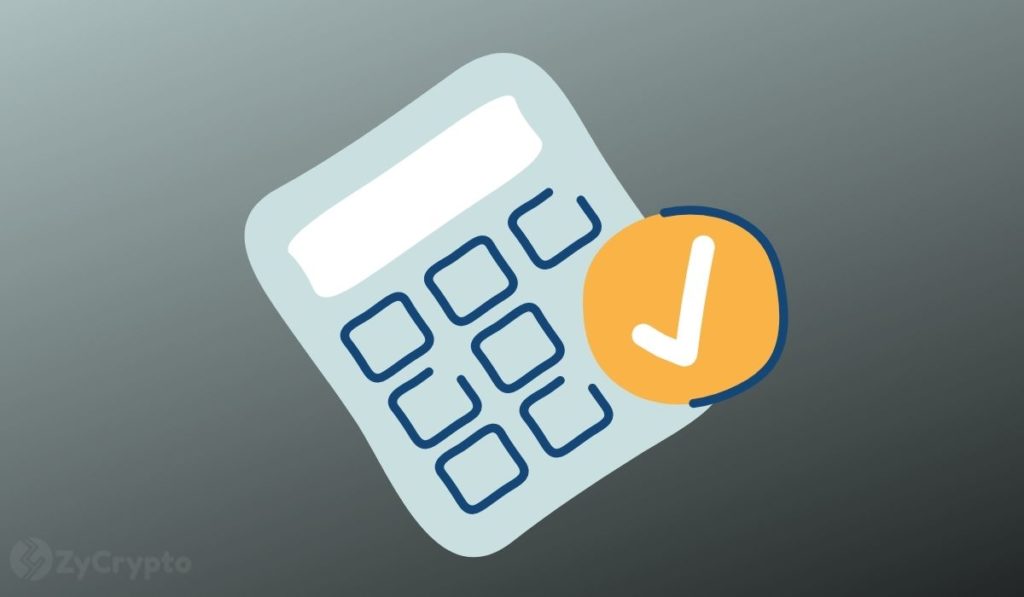2019-1-30 05:33 |
Bitcoin (BTC), Cryptocurrency, United States–In the midst of the most recent market selloff, which saw most top cryptocurrencies fall to their relative low for 2019, the United States Congress has passed a new bill with interesting stipulations into the study of digital assets.
The bipartisan bill passed by the U.S. House of Representatives on Jan. 28, under the title “the Fight Illicit Networks and Detect (FIND) Trafficking Act of 2019,” will commission a study into how cryptocurrencies and online marketplaces are used in the promotion and facilitation of sex and drug trafficking.
The bill, which was first introduced in June 2018 and spearheaded by California Democratic Representative Juan Vargas, will require the Comptroller General of the United States (who serves as director of the Government Accountability Office), to investigate the impact of cryptocurrencies on the illicit market for drugs and sex trafficking. Specifically, the study will examine whether cryptocurrencies and online marketplaces are enabling the aforementioned crimes, with the ultimate goal of using the study results to recommend regulatory and legislative action to stop their promotion.
While the bill is another cannon shot fired at the Wild West nature of cryptocurrency and the industry of digital assets, it could have broader ramifications if the study results prove detrimental to the use of cryptos in supporting trafficking. However, Bitcoin and the like have long been implicated by detractors in money laundering and illicit activities, and it seems unlikely that government action towards cryptocurrency will be prompted by such an association.
According to a publication on the most recent bill passing. Representative Vargas appealed to the House the necessity for studying cryptocurrencies impact upon the sex and drug trafficking marketplace, saying
“If we are to craft effective regulatory and legislative solutions to combat these transnational criminal organizations, we need to fully study and analyze how virtual currencies and online marketplaces are used to facilitate sex and drug trafficking, to determine how best to eliminate their use.”
Despite the commission having yet to investigate the issue, Representative Vargas seems to be of the opinion that there is a foregone conclusion cryptocurrency will be implicated in association with sex and drug trafficking. In an official press release published by the Representative on Jan. 28, the politician contends his belief that cryptocurrencies involvement in illicit activities extends beyond current recognition,
“while evidence points to the growth of virtual currencies as a payment method for illicit sex and drug trafficking, the true scope of the problem and potential solutions are still unknown.”
In addition to the aforementioned bill, which will specifically commission a study to examine cryptocurrencies role in sex trafficking and drug trade, U.S. Congress also voted to pass H.R. 56, which involves the creation of a grant for further exploration into the illicit side of cryptocurrency. Since The Silk Road days, Bitcoin and the like have had to contend with regular accusations of criminal use, the most recent passing bill being no exception to this stereotype.
As cataloged in the Congress Roll Call, director of external affairs at the Blockchain Association Kristin Smith was credited with saying that she was
“Pleased Congress continues to take a serious look at these issues.”
Undoubtedly, the report will find more reason to vilify the security and anonymity measure inherent to popular cryptocurrencies, while ignoring the role banks like HSBC in money laundering, with no one questioning the latter for being complicit.
Title image courtesy of BeatingBetting.co.uk
The post Sex, Drugs & Bitcoin: New U.S. Bill To Study Impact of Crypto on Trafficking appeared first on Ethereum World News.
origin »Bitcoin price in Telegram @btc_price_every_hour
Bitcoin (BTC) íà Currencies.ru
|
|






















